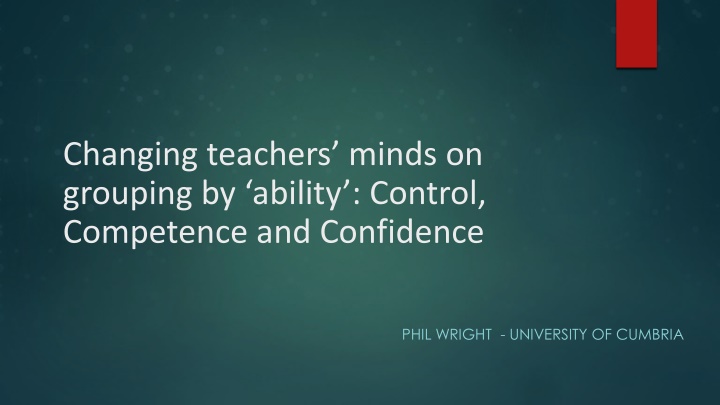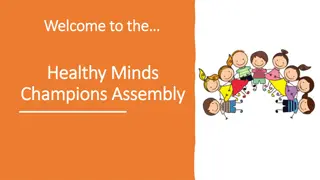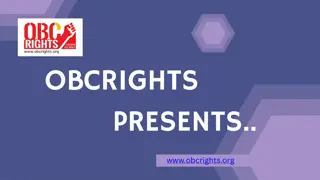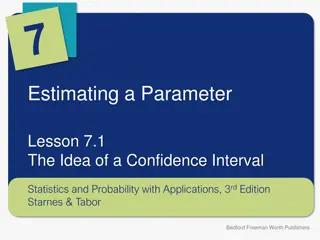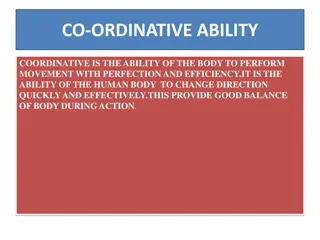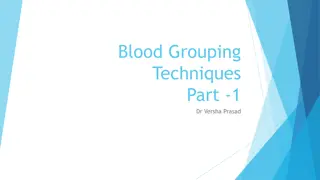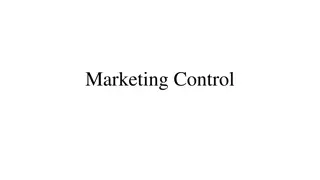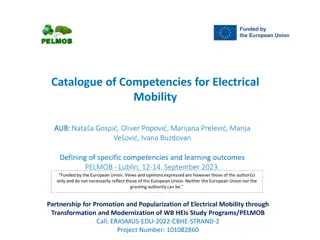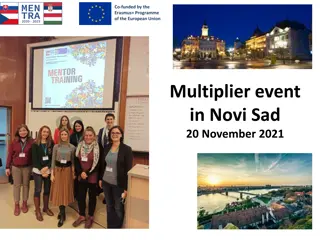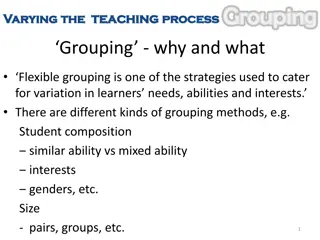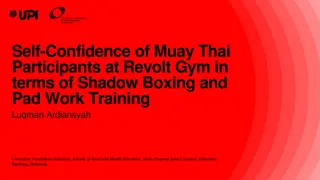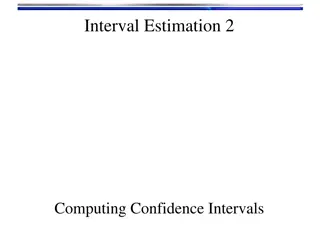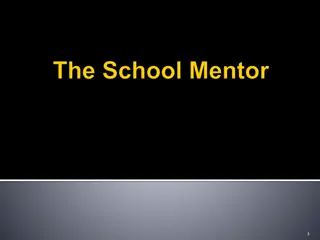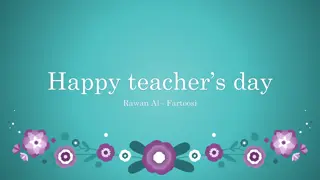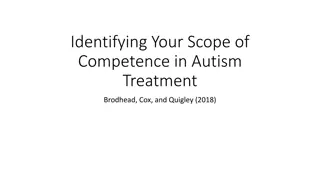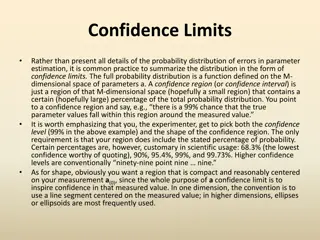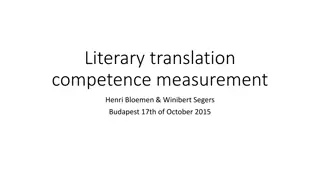Changing Teachers' Minds on Grouping by Ability: Control, Competence, Confidence
Normative drive for high standards, competence, and compliance through pupil outcomes in tests. Impact of fixed ability grouping on learner identity and interactions. Diminished professional autonomy and pedagogic naivety. Learning journey through different study areas, exploring Co-agency, confidence, and competence. Towards fostering Co-agency in the learning journey by changing self-concept, improving learner identities, and increasing self-efficacy through exploration, collaboration, reflection, and trust.
Download Presentation

Please find below an Image/Link to download the presentation.
The content on the website is provided AS IS for your information and personal use only. It may not be sold, licensed, or shared on other websites without obtaining consent from the author.If you encounter any issues during the download, it is possible that the publisher has removed the file from their server.
You are allowed to download the files provided on this website for personal or commercial use, subject to the condition that they are used lawfully. All files are the property of their respective owners.
The content on the website is provided AS IS for your information and personal use only. It may not be sold, licensed, or shared on other websites without obtaining consent from the author.
E N D
Presentation Transcript
Changing teachers minds on grouping by ability : Control, Competence and Confidence PHIL WRIGHT - UNIVERSITY OF CUMBRIA
The context and challenge Normative drive for high standards competence and compliance demonstrated through pupil outcomes in statutory tests Working within the panopticon of performativity (Perryman, 2006) Fixed ability grouping and thinking as a means to efficiency and addressing learning needs Prevalence of ability focussed language and implicit theories - it s influence on learner identity, interactions and expectations Apprenticeship of observation (Lortie, 1975), diminished professional autonomy (Sachs, 2016) and a sense of pedagogic naivety (Yarker, 2011)
My learning journey . . . Cornwall Standards & Thinking Skills Malawi Pedagogic Exploration & Study Staffordshire Leadership & Study Cumbria Professional reflection
The project Fifteen self-selecting participants from five different primary schools (from a convenience pool of twelve schools) Two introductory sessions sought to raise consciousness (Freire, 1970) 1. (Boaler, 2005 ; Francis et al., 2017 & 2021; Marks, 2013, 2014 & 2016; McGillicuddy & Devine, 2018 & 2021); 2. The core purposes and principles of Pedagogy for Transformability from Learning Without Limits (Hart et al., 2004) The reported effects of fixed ability thinking and practices Three cycles of explore, collaborate, reflect within geographical communities of practice Final interview (either individual or paired)
The findings C o - a g e n c y Confidence Confidence Learner Agency Teacher Agency Control Control Competence Competence
Towards co-agency in the learning journey Changing self-concept over time (teachers and children) Improved knowledge of individual learner identities Increased self-efficacy over time Time to explore, collaborate, reflect and enact TRUST & EVERYBODY as pre-cursors to CO-AGENCY
It starts with me . . . Relinquishing some control and providing choices (recognising a professional responsibility to intervene through coaching and challenging) Acknowledging implicit theories related to ability and how they shape the learning environment Adapting my language during sessions (framing tasks, interactions and expectations) Adapting my language to the temporal nature of learning capacity and avoiding comparative descriptors . . . BUT is sustained within a praxis architecture (Smith & Kemmis, 2008) of Trust, Everybody and Co-agency, which support activist professionalism (Sachs, 2016)
ITE & ITAP: It starts with us? Balanced use of research sources (RCT & Case studies) Establishing and engaging in school-based Communities of Practice Raising consciousness and exploration through ITAP experiences Development of case study research through ITAP
